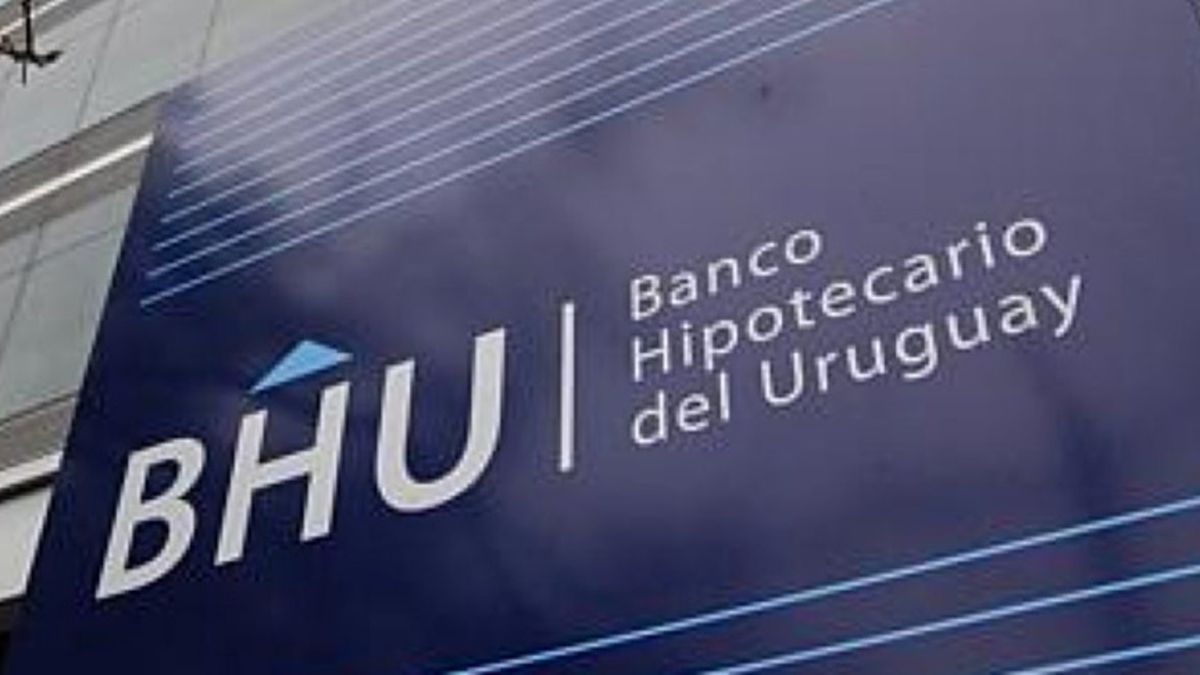The Senate plans to vote on September 19 and 20 —in committee and in plenary, in a special session, respectively— the bill presented by the ruling party that aims to be a solution for the debtors of the Mortgage Bank of Uruguay (BHU)also known as debtors in Adjustable Units (UR).
Botana also targeted the president of the BHU, Casilda Echeverria, and celebrated the “change of position” of the chief, referring to the fact that, now, he affirms that the entity has heritage to attend to the solution that is proposed for the debtors, when previously he maintained the opposite. For Echeverría, it is not necessary for the mortgage institution to merge with the Republic Bank (BROU) —although this part of the project will most likely not see the light of day as long as it does not have the necessary votes— since it has sufficient financial backing to face future obligations.
The senator affirmed the importance of the bill for debtors since there are savers who are up to date and have “eternal debts forward”, but there are also “people who committed themselves to a loan for 60,000 dollars and owe 350,000 dollars, and they have 20, 30, 40 years left to pay”.
Likewise, the nationalist legislator assured that there are clients who were forced to borrow in readjustable units, the credits being more expensive. “I have heard the president (Echevarría) say every nonsense, that the UI and the UR are equal currencies,” said the nationalist. In response, he maintained that the UR grows between 2.1% and 2.6% above the UI.
In addition, he criticized the administration of the BHU and said that the data of the debtors from 2008 onwards are “in folders” and the accounting was carried out “in pencil”.
A campaign that advances towards the plebiscite
Meanwhile, and in parallel to the debate over the government bill, Town meeting —despite being part of the government coalition— promotes on his own a collection of signatures to enable the plebiscite that allows to reform the Constitution and, thus, introduce a regulation on small debt and interest —the main reason behind the over-indebtedness of individuals in the country.
In this regard, the leader of the sector, Senator Guido Manini Rioshighlighted the success of the campaign and considered that it is endorsed by people “of any party.”
The senator highlighted the interest of the uruguayans for the proposal that he promotes for the elections generals of October 2024, by highlighting in dialogue with Telemundo that “there is half Uruguay that you have serious problems to meet the interest payments of usury that have been applied to them for a long time”.
In his campaign, Manini Rios assured that the debtors’ law No. 18,212, implemented in 2007, is unconstitutional and can be classified as usury, because the interest rates are well above 100%.
Echoing the impression of the people, he highlighted: “They have asked us for ballots from all sides, from different locations. We have hundreds of messages asking where you can go to sign”. Along these lines, he clarified that the plebiscite It is endorsed “by people who are from any party, because this is transversal, it hits everyone.”
Thinking about the eventual success of the collection of signatures, the senator was more than optimistic for the deadline, which is April 27, 2024. “I think they will come together even before the deadline we have.” And he indicated that “all those who have been victims of usury, in some way or another, they will have the right to restructure their debt based on the concept of fair debt”.
Source: Ambito




